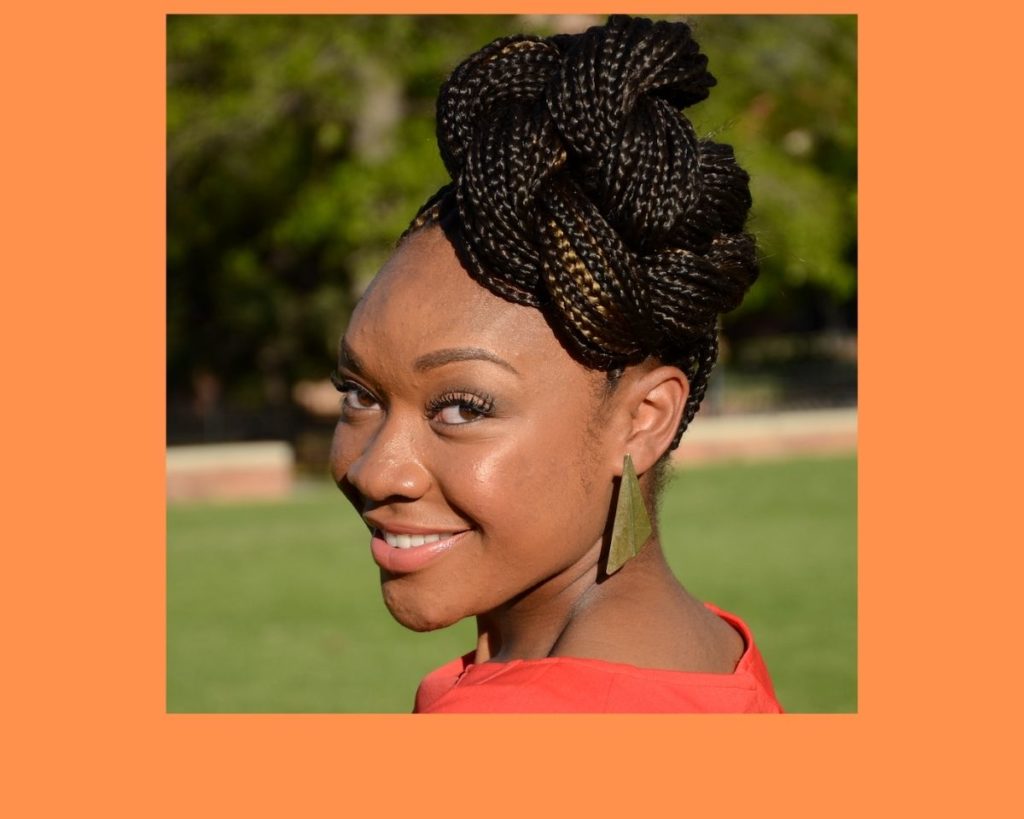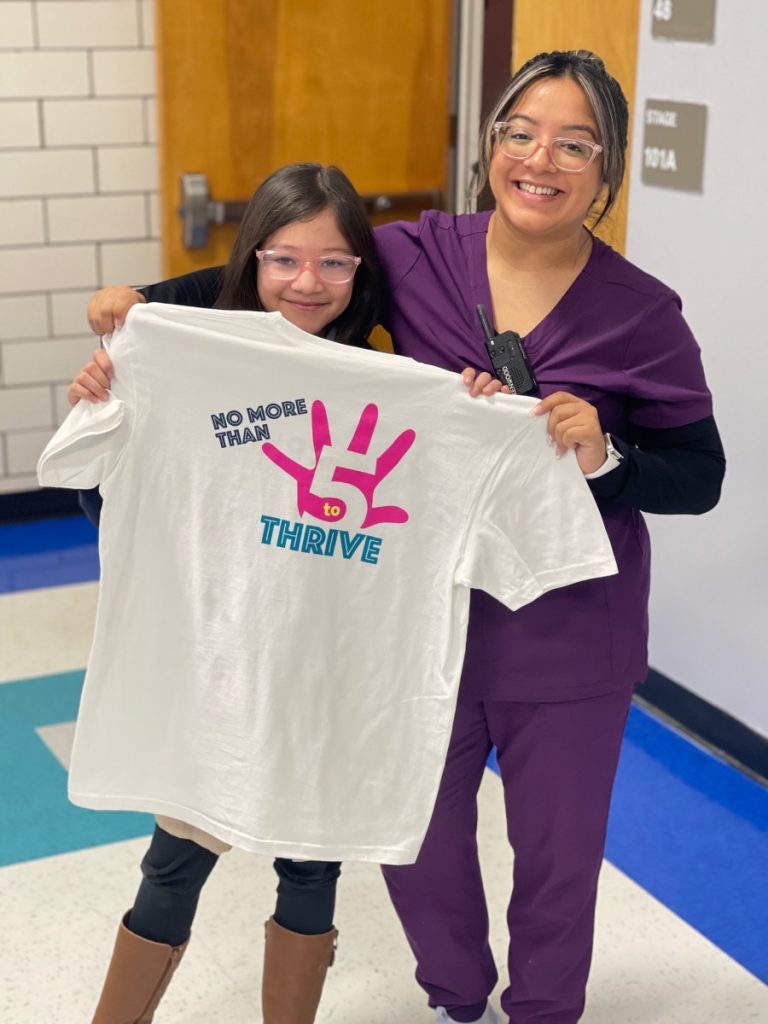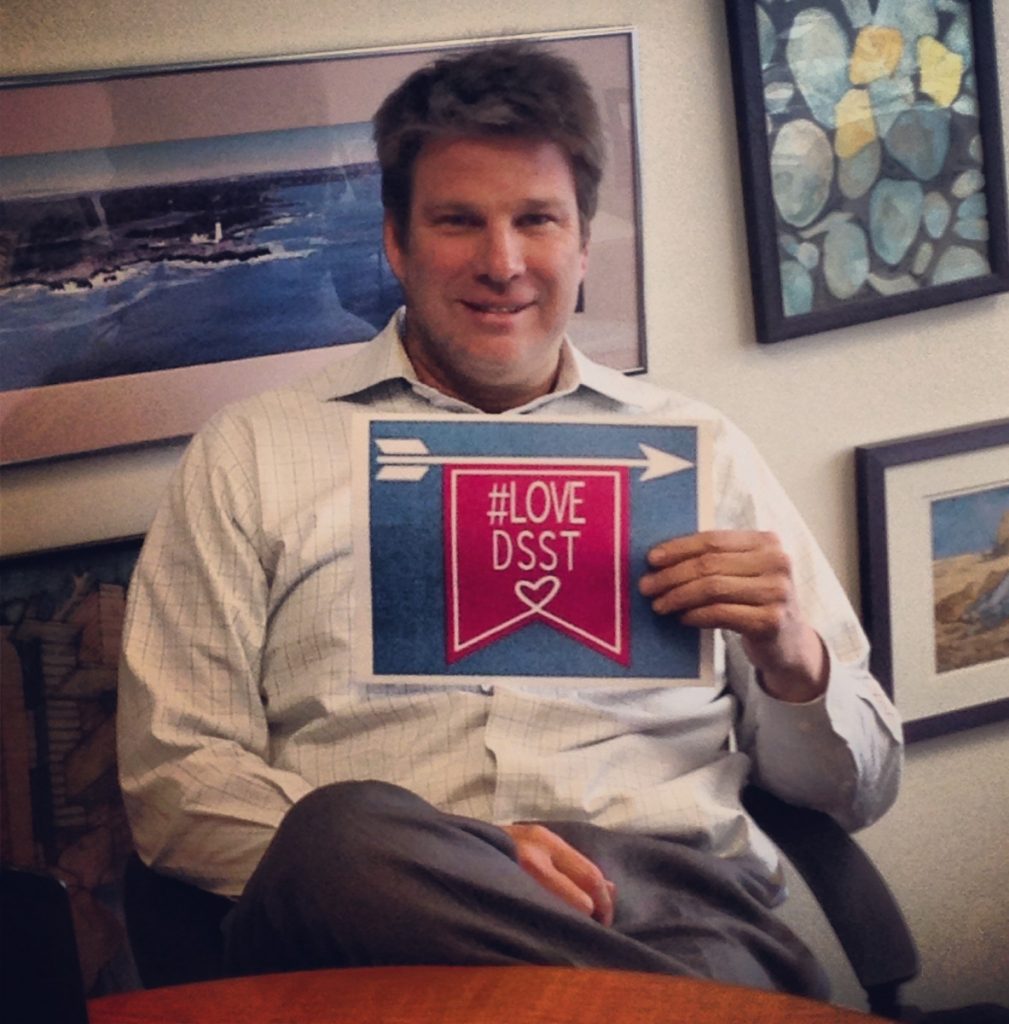Boardhawk interviewed Shakira Abney-Wisdom, founding principal of the Robert F. Smith STEAM Academy, the district-managed high school in Far Northeast Denver that will open later this year.
Ms. Abney-Wisdom is a Doctor of Philosophy Candidate in the Educational Leadership Program at Florida Agricultural & Mechanical University. She holds a Master of Arts in Curriculum and Instruction with a concentration in Urban Education from the University of Denver.
Smith STEAM Academy is named after businessman Robert F. Smith who is the Founder, Chairman and CEO of Vista Equity Partners, which currently manages equity capital commitments of over $58 billion. Mr. Smith is a graduate of Denver East High School, Cornell University and Columbia University.. On introducing the school he said, “This place is going to launch a whole lot of greatness. Thank you to each and every one of you for your work to liberate the human spirit.”
Boardhawk: How are plans going for opening the Robert F. Smith STEAM Academy?
Shakira Abney-Wisdom: We are slated to open in August 2021. We’re currently in the enrollment and recruiting period for students, educators and staff. A lot of exciting things are happening at this time.
There was an extended opportunity for families to list Robert F. Smith STEAM Academy as their number one choice after a district miscommunication of our school’s address. The Office of Choice and Enrollment used phone calls, emails, and auto dialers to connect with families directly. Our school also did outreach to families via newsletters and social media to share news of the school for rising 9th graders.
We are definitely hopeful as we await the lottery results and SchoolChoice Round 2 opening on April 6th. We continue to connect with families and scholars in order to fill our founding class. We’ll continue to add a 9th grade class each year until we have all four grades.
Our initial district projections are 125 scholars for the 2021-2022 school year. We have a shared campus with Montbello Career and Technical High School on Airport Way.
Boardhawk: What would you like the community to know about Robert F. Smith STEAM Academy that’s not been widely publicized?
Abney-Wisdom: I think often when we identify that our school is focused on Black learners and the gap that surrounds Black learners in DPS particularly, saying that we’re centering Blackness and founded on the principles of Historically Black Colleges and Universities (HBCUs), what is lost in that is the rich beauty that encompasses inclusion in that model. And so this is a space where all are welcome.
This is a space where the entire gamut of perspectives that influence a particular moment in time, whether that’s learning about historical periods, or even looking at texts to say ‘what was happening in the world at the moment when this piece was being written and how did those influences impact this work?’ Taking into account the Black experience at this time, the Latinx experience, the Indigenous experience at the time across the nation but also within the African diaspora. This space is for all learners.
While we are elevating and centering Blackness, inclusivity and the normalization of difference will be paramount, because once we can communicate and engage in safe spaces where our differences will be honored and celebrated, then we can really lean into the gifts that diversity of thought truly is. And how collaboration across lines of difference allows us to create sustainable solutions that will have a positive impact on the future.
Boardhawk: Could you tell us more about the tenets of Historically Black Colleges and Universities (HBCUs) on which Smith STEAM Academy is grounded?
Abney-Wisdom: HBCUs have been enormously successful producers of Black professionals who operate in STEM careers. There has been this pursuit of excellence within HBCUs from their inception. They were institutions that were largely created to serve those who were deemed ‘unfit to learn.’
I always return to the story of a mother and daughter who attended Hampton University in the 1800s and they shared a dress to attend school. And so, the commitment to learning, the commitment to scholarship, the desire to know and to grow as much as possible, is something that is just part of the DNA of the HBCUs. The diligence, the discipline, and the steadfastness – despite the circumstances – there was still a commitment to learning. That part of the narrative of Black people in the United States is severely lacking now. Black excellence is personified in those spaces, but it is not new.
So I think about my institution, Florida A & M University, our College of Environmental Sciences, the Institute of Public Health, the College of Education. And also the College of Engineering – there is a partnership between Florida State University and Florida A & M University which is unique.
There are so many other schools. Elizabeth City State University in North Carolina has an aeronautics program, and a pipeline into the armed forces. Just so many beautiful and unique opportunities for learners and leaders to make an impact, particularly in STEM fields but really in any sector.
Many HBCUs are predominantly known for the kinds of graduates that come from their colleges of business and schools of journalism. When you look at Stacey Abrams, Raphael Warnock, Vice President Kamala Harris, Andrew Gillum, they’re all graduates of Historically Black Colleges and Universities. These are the people we can think of off-hand, but there are so, so many more. If you look at the Congressional Black Caucus, many of those members are graduates of HBCUs.
So there is a level of pride that comes from being a part of a space that is sacred and protected as a Black space, where we get to show up as our full selves and engage in beautiful and intentional celebrations. We want to instill a level of pride and sense of self within our scholars. That they belong to something that is more meaningful than just being in a school.
Boardhawk: How do you envision building HBCU traditions at the high school?
Abney-Wisdom: One way is intergenerational relationships. There will be mentorship programs and building relationships with organizations in our community, the Denver metro area is very important. Having events that support not just our scholars but our families, so having family nights, exhibition nights to demonstrate the learning, the projects scholars are creating and the solutions they’re providing to their community.
And over time, the hope is that our music program is robust and that we can have a marching band and we can have chorale, and that our robotics team and our coding teams will be able to compete nationally. Creating space for students to explore areas of interest and passions, and pivot that to internship opportunities and potentially college scholarships. The goal is really to engage scholars as soon as possible with access to post-secondary opportunities and allow them to drive where it is that they go and we support them along the way.
Everyone who is a part of our school community from myself to our scholars to our front office staff to our teachers and parents will take a PACT (Perform like a Leader, Act like a Global Citizen, Create like a Visionary, Think like a CEO) that we will share responsibility to ensure the person next to us has what they need and is doing their best and that we internalize ownership that everyone who’s a part of this is contributing to the legacy of our school and that we have the honor of being able to build it.
Boardhawk: What feedback are you hearing from the community?
Abney-Wisdom: While there has been positive response locally and even on a national level, educators are reaching out, businesses and organizations are reaching out to become partners, the most impactful response to me has been our scholar testimonials. Hearing the perspective of our scholars and their families, why they chose Robert F. Smith STEAM Academy is most important. Their excitement about being a part of a school that values and centers Black History and will give them opportunities to explore truths they had not had the opportunity to do in that same way previously in their education.
Their ability to explore STEAM and the possibilities that lie in those various fields and also to be a part of something that hasn’t yet existed, the opportunity to be part of a founding class. To have the trust of scholars and the trust of parents with their children is the most meaningful response to me.




